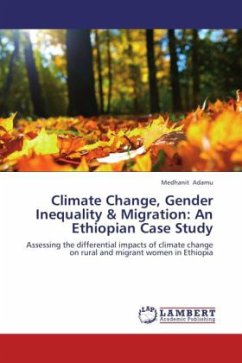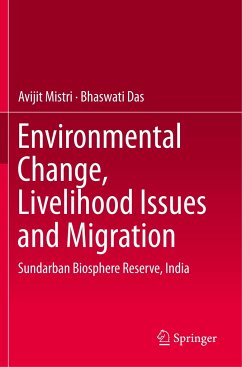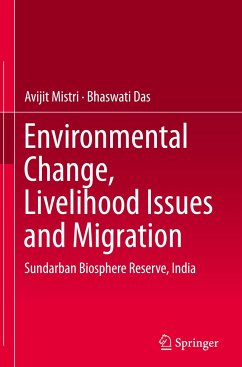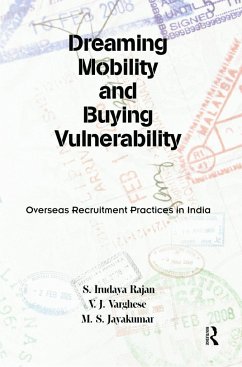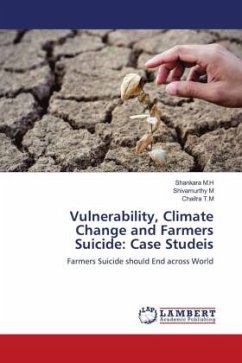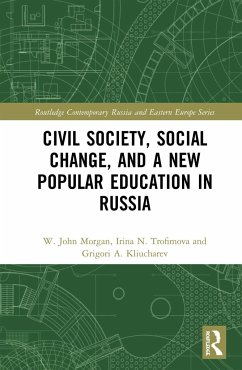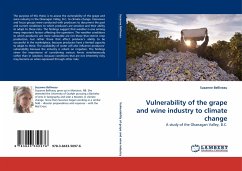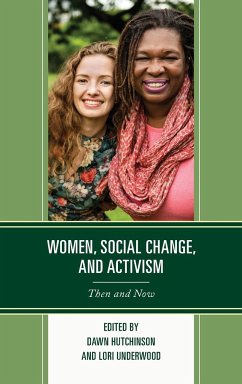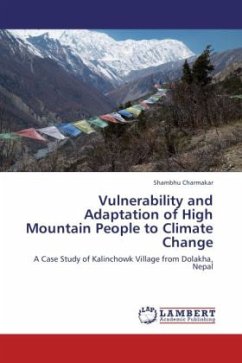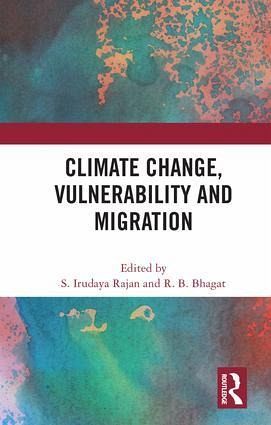
Climate Change, Vulnerability and Migration

PAYBACK Punkte
93 °P sammeln!
This volume studies the role of remittances sent by migrants to their families in environmentally fragile zones in providing an important cushion and adaptation capabilities to cope with extreme weather events. It looks at the socio-economic and political drivers of migration, as well as adaptation strategies.





